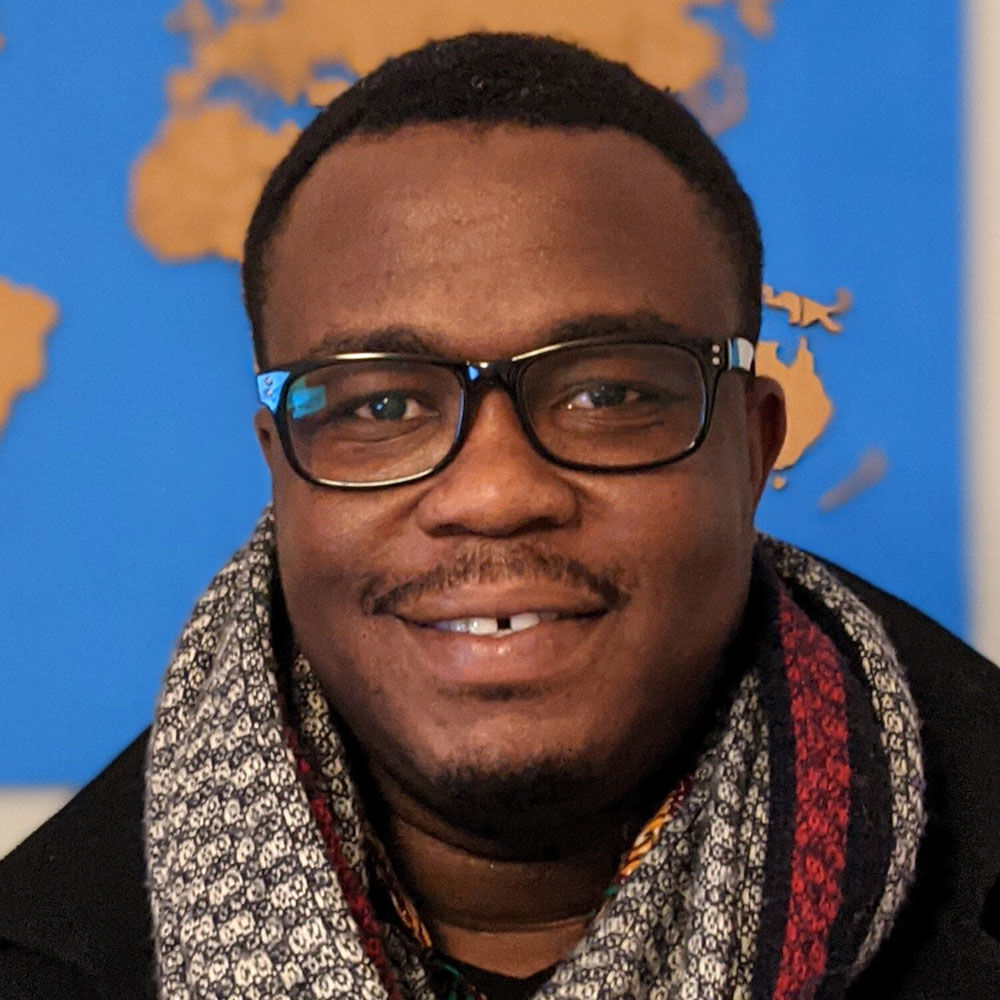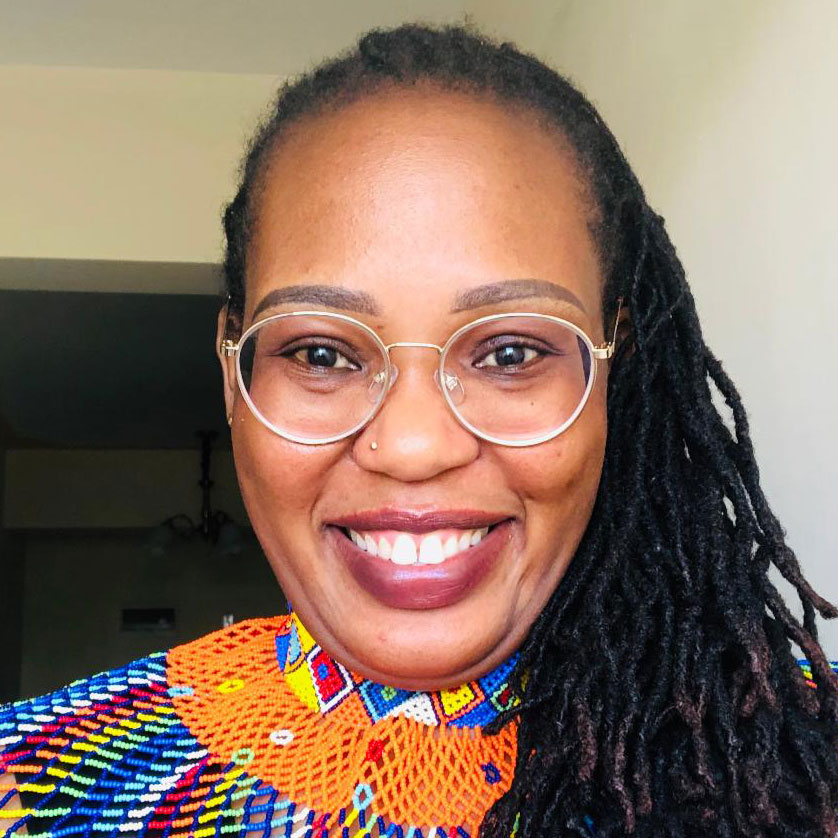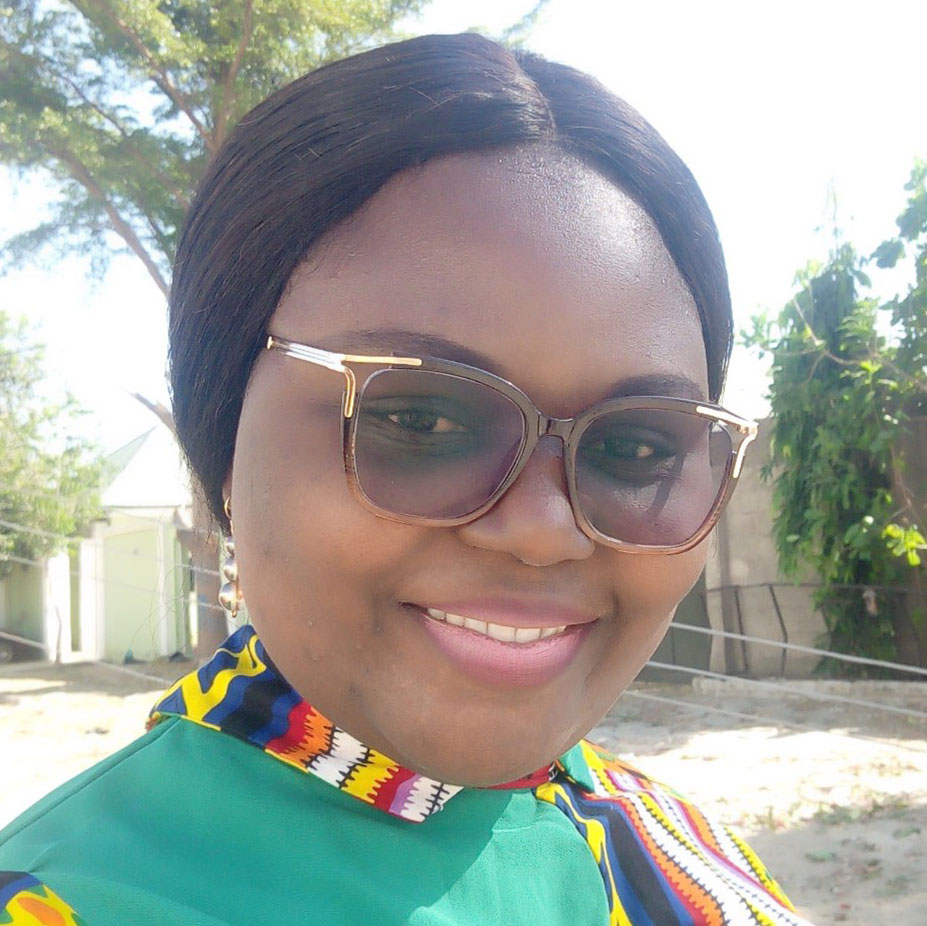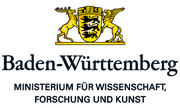- Info
PhDs (Betreuung durch Andreas Mehler)
 |
Elikem Ashiabi E-Mail: ashiabielikem77@gmail.com
“Winners and Losers of Electoral Reforms in Africa: Why Do Opposition Parties Participate in Post-Reform Elections?"The concept of electoral reforms is a paradox – supposed to increase fairness in elections but can be misused to achieve the opposite. Though electoral reforms connote legal changes to electoral laws that serve as basis for future elections in the process of democratization, electoral reforms could also afford autocrats the opportunity to tighten their grip on political power in the process of autocratization. Especially in developing countries, electoral reforms are seen as a means of defeating opposition parties even before the elections are held. My research seeks to ascertain the veracity of the claim that opposition parties are the losers of electoral reforms in Africa by answering the question “how often and after what kind of reforms have opposition parties lost post-electoral-reform elections in Africa since 1990?” and “what motives underpin opposition party elites’ participation in post-electoral reform elections?” To answer the first question, I draw on a panel data analysis of electoral reforms after the transition elections in African countries. To answer the second question, I conduct a small-N qualitative comparison using data from elite interviews of opposition parties in two-party and pluralised party systems that participated in post-electoral reform elections. Based on the existing literature, my initial hypotheses are that opposition party leaders participate in post-electoral reform elections (i) to be in position to benefit from reformers’ miscalculations, (ii) to please their support base, (iii) to be able to also reform the electoral system should they win and/or (iv) because they identify with reformers’ values. |
 |
Franziska Ehlert E-Mail: franziska.ehlert@iheid.ch
“Exploring Contestation of Security Sector Reform (SSR) Processes in Francophone West Africa: The Case of Côte d'Ivoire"Security Sector Reform (SSR) has emerged as a cornerstone of liberal peacebuilding interventions in post-conflict countries. This research project is concerned with the reception of SSR in the states and societies undergoing reform, and specifically with adverse receptions in the form of contestation, meaning a fundamental and oppositional engagement that intends to change or divert the reform effort. Contributing to an emerging focus on contestation in SSR literature, this research project discusses the origins of the very term in search for a coherent definition. It also intends to increase our knowledge about how dynamics of contestation manifest in an SSR process, and why different actors choose to contest (or not to contest) using specific repertoires of contestation. The project focuses on SSR processes in francophone West African countries and takes Côte d’Ivoire’s current reform as the center stage for research. Results are then discussed in a comparative approach with other regional cases. The research approach takes into account the colonial experiences, post-colonial state-building and recent conflict experience of the francophone West African space to theorize grounds for SSR contestation. It also builds on primary data collection carried out in Côte d'Ivoire, through semi-structured interviews conducted with representatives of Côte d'Ivoire's government, security sector and international supporters of the country's reform. |
 |
Gloria Kenyatta E-Mail: gloria.kenyatta@politik.uni-freiburg.de
“The Effects of Participatory Processes on Public Policy Development in Kenya’s Devolved Governments"My research project aims to determine the effects of participatory processes on public policy development in Kenya’s devolved governments (counties). The 2010 Constitution of Kenya created forty-seven counties and enshrined public participation as a statutory requirement on public policy making. Public participation aimed at making the governments responsive and perform better in public service delivery by embracing the “bottom-up” approach in governance processes in contrast to the “top-down” approach that existed before. Notwithstanding counties embracing participatory processes in public policy making, this concept is new, vaguely understood, and interpreted differently by different counties. Therefore, participatory processes face severe challenges between what the law envisioned and their actual implementation. Further, as participatory processes have become an essential institutional feature of administration and public policy making, the degree of attention being given to increasing the role of citizens within the public policy processes underlines the necessity to contemplate what effects these processes might have on policy development. As no study has yet been conducted to assess the actual effects of participatory processes on public policymaking in Kenya’s devolved governments, there is scarce literature from Africa, specifically on the much less discussed Kenyan case. This empirical research will be significant and a first in Kenya, as it seeks to investigate and establish the actual participatory processes in use by the devolved governments, the extent of their institutionalization, the primary implementation challenges these processes face and their effects on public policy development. Subsequently, this qualitative research will collect data through semi-structured interviews and Focus Group Discussions (FGDs) in two devolved governments (Nairobi City County with an urban setting and Lamu County with a rural setting) to provide the actual status of participatory processes concerning their design, implementation and outcomes in the two sets. Further, a comparative analysis of both sets will be conducted through the ‘most different’ design by Przeworski and Teune (1970) and Faure (1994) to establish their similarities and differences in participatory processes and the causal factors for their outcomes. |
 |
"Ich bin furchtlos!" - Portrait im Rahmen des Projekts Frau* SCHAFFT Wissen der Universität Freiburg E-Mail: chinwe.ogbonna@grk2571.uni-freiburg.de "An Investigative Study of the Effect of Imperialism on the Traditional/cultural Leadership Institution of Igbo in Eastern Nigeria"The scramble for Africa was a decision from the Berlin conference (1884-1885) that led to colonialism and imperialism of most African Colonies. The sixth decade of the twentieth century was remarkable for Africans, as it witnessed the attainment of Independence by a host of African states from European imperialists. However, independence didn’t prevent or put to an end to the manifestation of Western influence in decisions and direction of events and policies on the continent till date. In spite of structural changes, the processes and objectives of imperialism remain same as they were in the late nineteenth and twentieth century. The lack of harmony in religion, political culture and general cultural belief systems make it difficult for tensions not to exist even presently, as agitations for self-determination are on the rise. This study therefore, problematizes the renewed tensions for self - determination due to western imperialism that has forced changes on the cultural settings of the Igbo, especially, leadership culture. This has caused various changes, agitations and struggle for power amongst the major tribes in Nigeria. My dissertation project investigates and examines the effects of post colonialism on the traditional/cultural leadership institutions of Africa using eastern part of Nigeria as a case study. Igbo people are industrious people with a cultural trait that cuts across political, social cultural and economic life. They are located in the south eastern part of Nigeria and constitute one of the largest ethnic groups in Nigeria. My research seeks to compare the cultural institutions that existed before and after contact with the western imperialism. Hence, this research confine itself to events during and after the colonial period of Nigeria. Hence, qualitative research techniques will be adopted based on the content analysis of both primary and secondary sources of data collection, making use of discussions, interviews with Traditional rulers and custodians of culture and data from sources such as peer-reviewed journals, books, articles and other publications will be used to achieve this study. |






